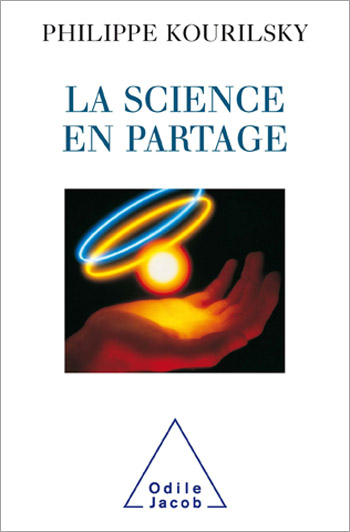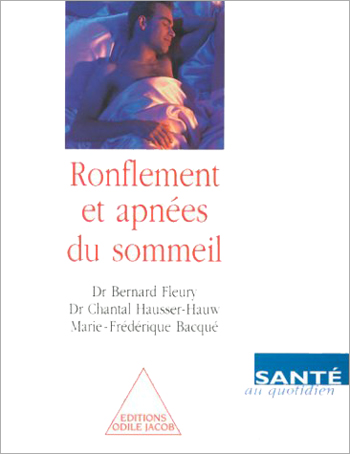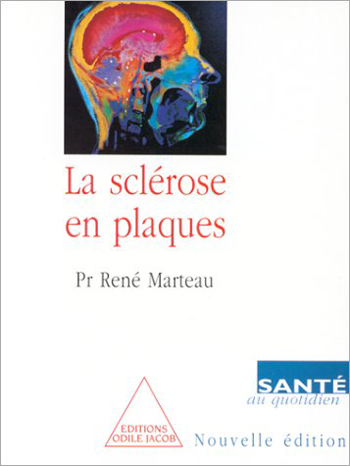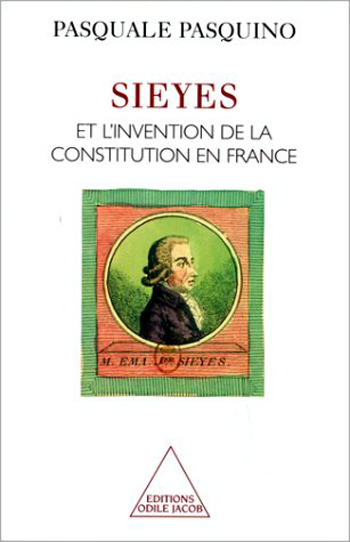Catalog All books

Ilya Prigogine
The End of Certainties (Coll. Opus)
As we come to the end of the century, the question of the future of science is often posed. I believe we are just at the beginning of a new endeavour. We are witnessing the development of a science which is no longer limited to simplified, idealised situations, but makes us face the complexity of the real world. This new science will allow human creativity to be experienced as the unique expression of a fundamental trait common to all aspects of nature. Ive tried to present this conceptual transformation, which implies the beginning of a new chapter in the fruitful relations between physics and mathematics, in a manner that will be comprehensible and accessible to all readers interested in the evolution of our ideas of nature. We are but at the threshold of a new chapter in the history of our dialogue with nature, writes Ilya Prigogine. Ilya Prigogine, winner of the Nobel Prize for Chemistry, teaches at the Free University of Brussels and at the University of Texas, in Austin.
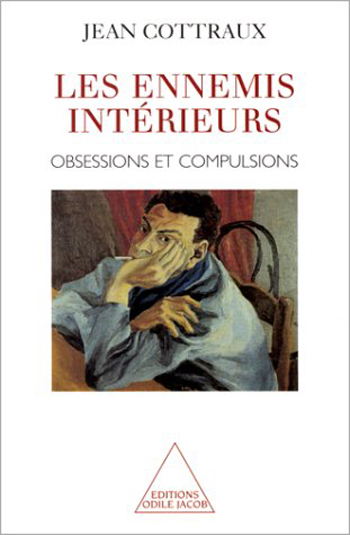
Jean Cottraux
Internal Enemies Obsessions and Compulsions
Why do some people become obsessed with cleanliness, fear of causing accidents, or the idea that they are guilty of some fault or imperfection? Where should the line be drawn between "normal" obsessions, from which everyone suffers to a greater or lesser degree, and pathological obsessions? When should measures be taken to treat those who suffer from obsessions? Why have obsessive-compulsive disorders become so common (2.5% of the population now suffer from them)? Jean Cottrauxs study of several clinical cases enables him to describe how obsessive-thought processes function. Doctor Jean Cottraux is a clinical psychiatrist and lecturer at the Université de Lyon I.

